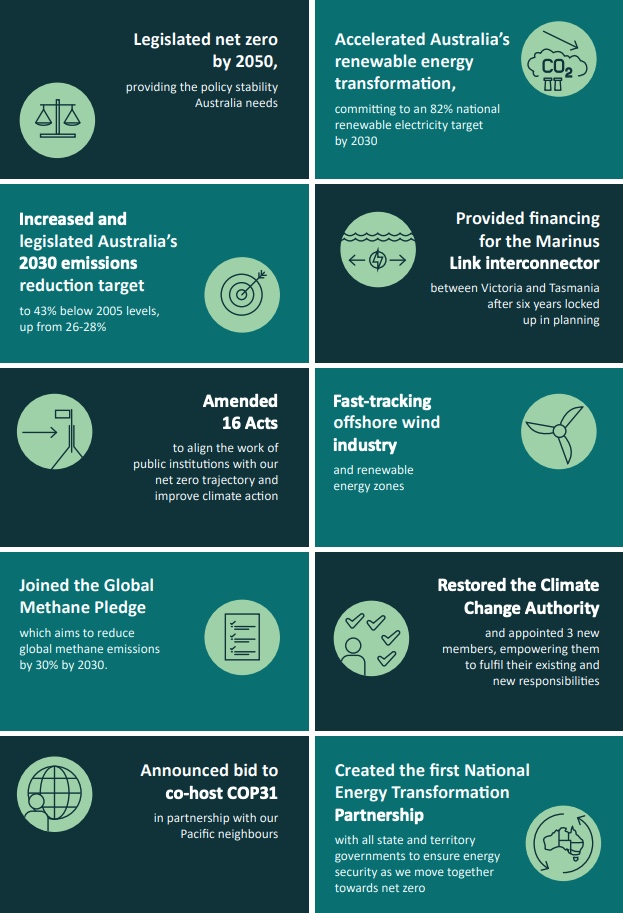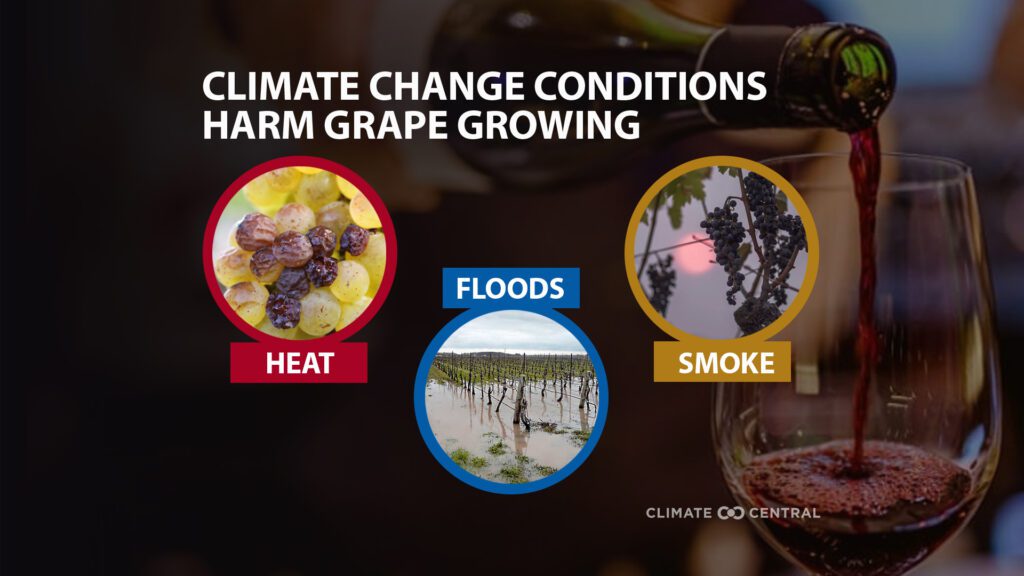Building a climate-proofed future is one of the most significant concerns of the 21st century. More than ever, legislators are working to support a ‘fast and fair’ transition to renewable energy and sustainable practices nation-wide. But how fair are we really being to rural and regional communities? And how can we support them through the climate transition?
Current efforts
Climate action is becoming an increasingly urgent priority in the eyes of the Australian government. In September of 2022, the Australian Parliament passed the Climate Change Act 2022, solidifying Australia’s targets to reduce emissions by 43% on 2005 levels by 2030. By 2050, net zero emissions are set to be achieved.

How does climate change influence our regional and remote communities?
Australia’s regional and remote communities experience the harshest impacts of climate instability currently. According to a report by the Climate Council, On the Frontline: Climate Change and Rural Communities, rural areas are disproportionately impacted by extreme weather events. The increased frequency of droughts, bushfires and heatwaves, combined with declining rates of rainfall, is creating increasingly harsh conditions in rural areas.
Rural and regional communities already experience disadvantage beyond that of their urban counterparts. Specific factors include higher unemployment rates, greater rates of poverty, and reduced access to health, education and transport services.
Research shows that farming communities are set to experience reduced crop yields resulting from changes to weather. Factors such as higher night temperatures, extreme daytime temperatures, shorter frost seasons and reduced rainfall are threatening the quality and quantity of crops.
It is predicted that up to 70% of Australia’s wine growing regions with a mediterranean climate will be less suitable for grape-growing by 2050. This includes iconic regions such as Margaret River (WA), the Barossa (SA) and Sunraysia (VIC). It begs the question, what effect will environmental change have on our economy?

Adjusting to change
Current research shows that effects of climate change will continue to worsen the systemic disadvantages experienced by rural and regional community members. However, we also cannot understate the psychological impact of enduring repeated disasters while experiencing rapid community change.
While the emergence of energy is promising, there are two sides of the same coin. Green energy assets, such as wind turbines, are often installed in rural areas, given the availability of open space. However, for locals, impacts on the environment and within the community are very real. The transition away from the use of fossil fuels for instance, which uphold the livelihoods of many regional communities, is a daunting prospect.
Fortunately, several regional communities are taking action now for the future. Gladstone Regional Council is leading the way, supporting their residents to transition away from carbon-intensive industries, with its 10-year Economic Transition Roadmap.
How can we support a just transition for people in rural areas?
Supporting a just transition towards a greener future is crucial. The best way to support regional and remote communities is to involve them in this process.
One such value is the belief that those affected by a decision have a right to be involved in the decision-making process.
Communities impacted by the climate transition have a right to be involved in the decisions that need to be made. Engaging with communities is not a nice-to-have but a must.
Another IAP2 Core Value stipulates that public participation should seek out the involvement of those affected by or interested in a decision.
Organisations are responsible for taking the first step towards a just transition to a greener future by seeking out the involvement of communities impacted. Engagement should be integrated to ensure involvement every step of the way.
A third Core Value states that participants have input into how they are engaged by organisations.
Each community will have unique requirements for how best to participate in decision-making for the future of their region. Supporting a just climate transition means listening to what impacted communities need in order to engage in a meaningful way.
What does this mean for engaging with regional and remote communities?
The benefits of the climate transition are many and varied. It is especially important to communicate the benefits of the energy transition to the heart of communities most effected. These include:
- Jobs and investment – delivering half of Australia’s electricity by renewable source by 2050 is predicted to create 28,000+ jobs
- Additional revenue streams for farmers – in Australia, $20.6 million is paid annually in lease payments to landowners and farmers hosting wind turbines
- Reduced energy costs – in remote, off-grid areas with 74% of electricity generated from imported diesel and natural gas, residents are currently paying for Australia’s most expensive electricity (to the cost of $240 – 450/MWh, compared with average prices of $30 – 54/ MWh in the National Electricity Market)
- Increased investment in public services – including investment in schools, local infrastructure and health care
- Improved health outcomes – with the reduction of coal burning and mining related illness and injury
To support communities to achieve these benefits, decision-makers have a responsibility to engage fully and meaningfully with those impacted. Only then can we support a just transition to a brighter, greener, more sustainable future for all.






